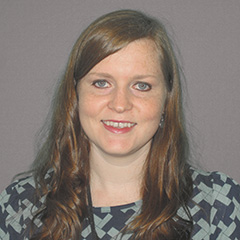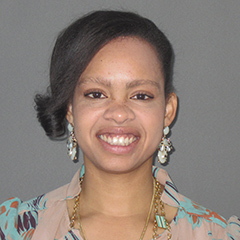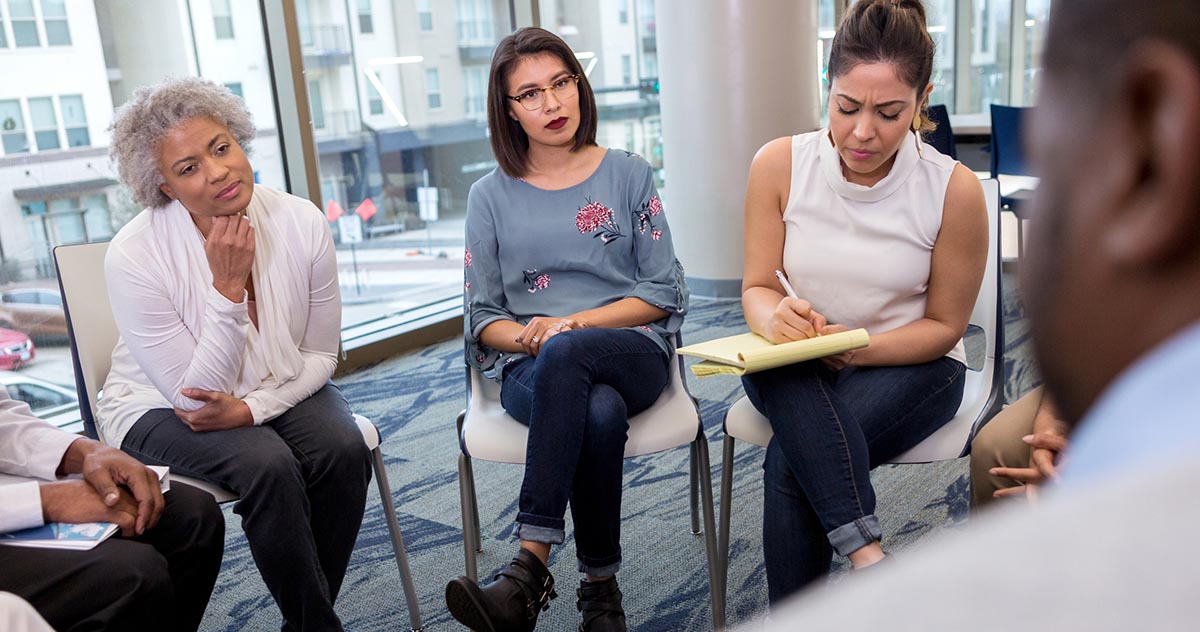Project Overview
To lay the foundation for integrating a child and family well-being lens into OPRE’s Welfare and Family Self-Sufficiency Research Portfolio, the Measuring, Supporting, and Understanding Child and Caregiver well-being through Employment and Self-Sufficiency research (Measuring SUCCESS) project is reviewing existing research and identifying measures of child and family well-being.
Decades of research indicates (1) parents’ economic status affects the well-being of children and families, and (2) employment and training programs for individuals with low incomes have some success at boosting employment and earnings. More research is needed to understand the experiences and well-being of children and families.
U.S. Department of Health and Human Services, Administration for Children and Families, Office of Planning, Research, and Evaluation

The project will pursue six activities: (1) catalog and assess the state of existing child-, parent-, and family-related measurement in OPRE’s Welfare and Family Self-Sufficiency Research Portfolio, (2) review existing literature on whether and how self-sufficiency programs or employment characteristics influence child, parent, and family well-being, (3) review models of how self-sufficiency programs intend to influence child, parent, and family well-being, (4) conduct focus groups with parents and caregivers to understand how they define well-being, (5) develop a conceptual framework for understanding the well-being of children, parents, and families in the context of self-sufficiency research, and (6) develop a compendium of relevant measures of child, parent, and family well-being in the context of family self-sufficiency research.
As we execute all project components, we will get expert input to inform our work—including from families and program staff to understand their lived experiences and ensure relevance to self-sufficiency programs. The project will actively engage these individuals and groups to inform all project tasks. Later stages of the project may include: (1) prioritizing potential research questions to increase understanding of child and family well-being in the context of family self-sufficiency research and (2) developing and testing new measures to address gaps in measurement.
Evidence & Insights From This Project

Improving Work and Family Outcomes for TANF Recipients
Mathematica provided recommendations to improve measurement of employment and family stability outcomes for families that will participate in a new Temporary Assistance for Needy Families (TANF) pilot program.
Learn MoreRelated Staff
See Clearly. Act Quickly.
From local to global challenges in health, human services, and international development, we’re here to improve public well-being and make progress together. Learn more about becoming a Mathematica client or partner.
Work With Us





